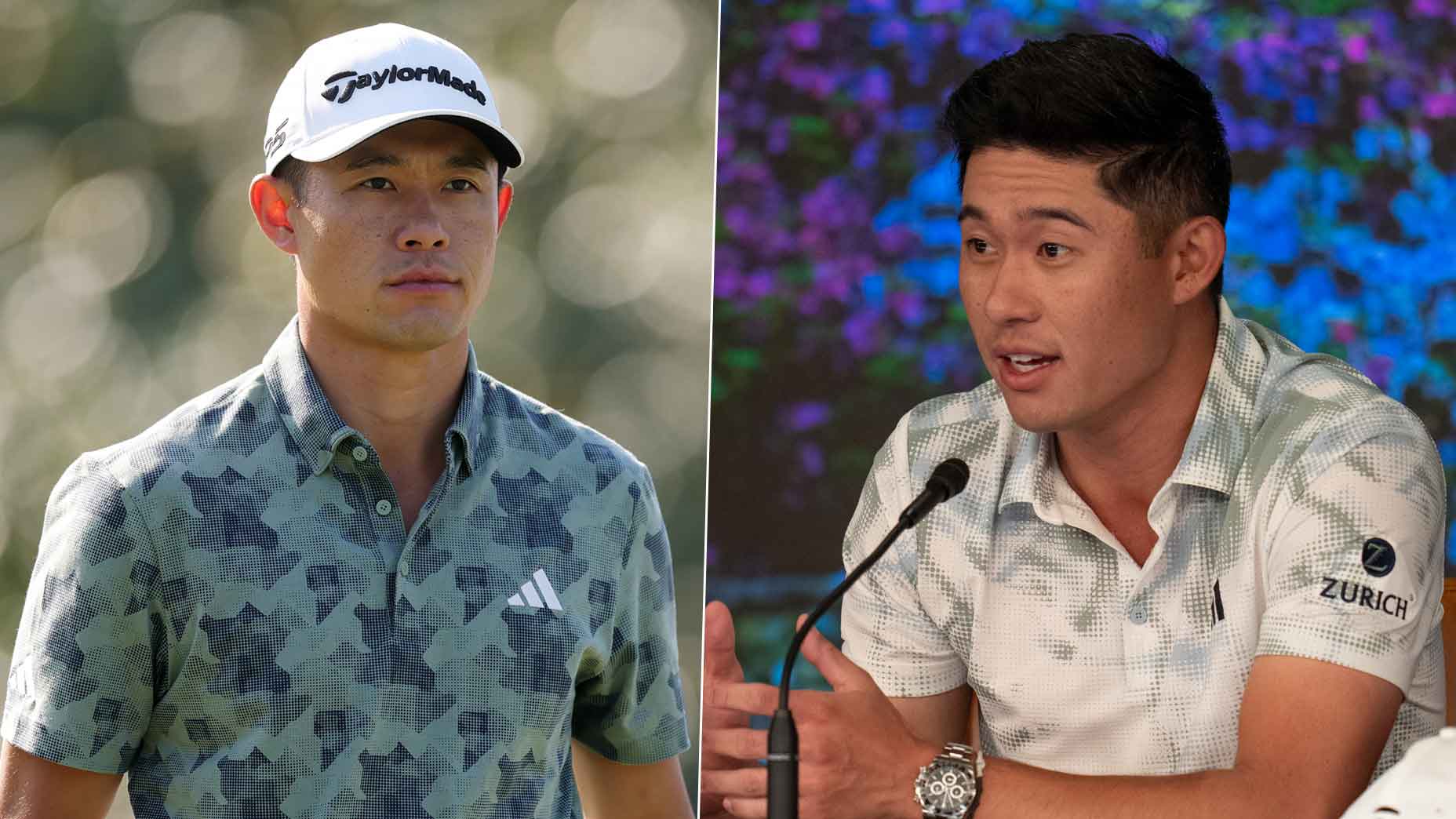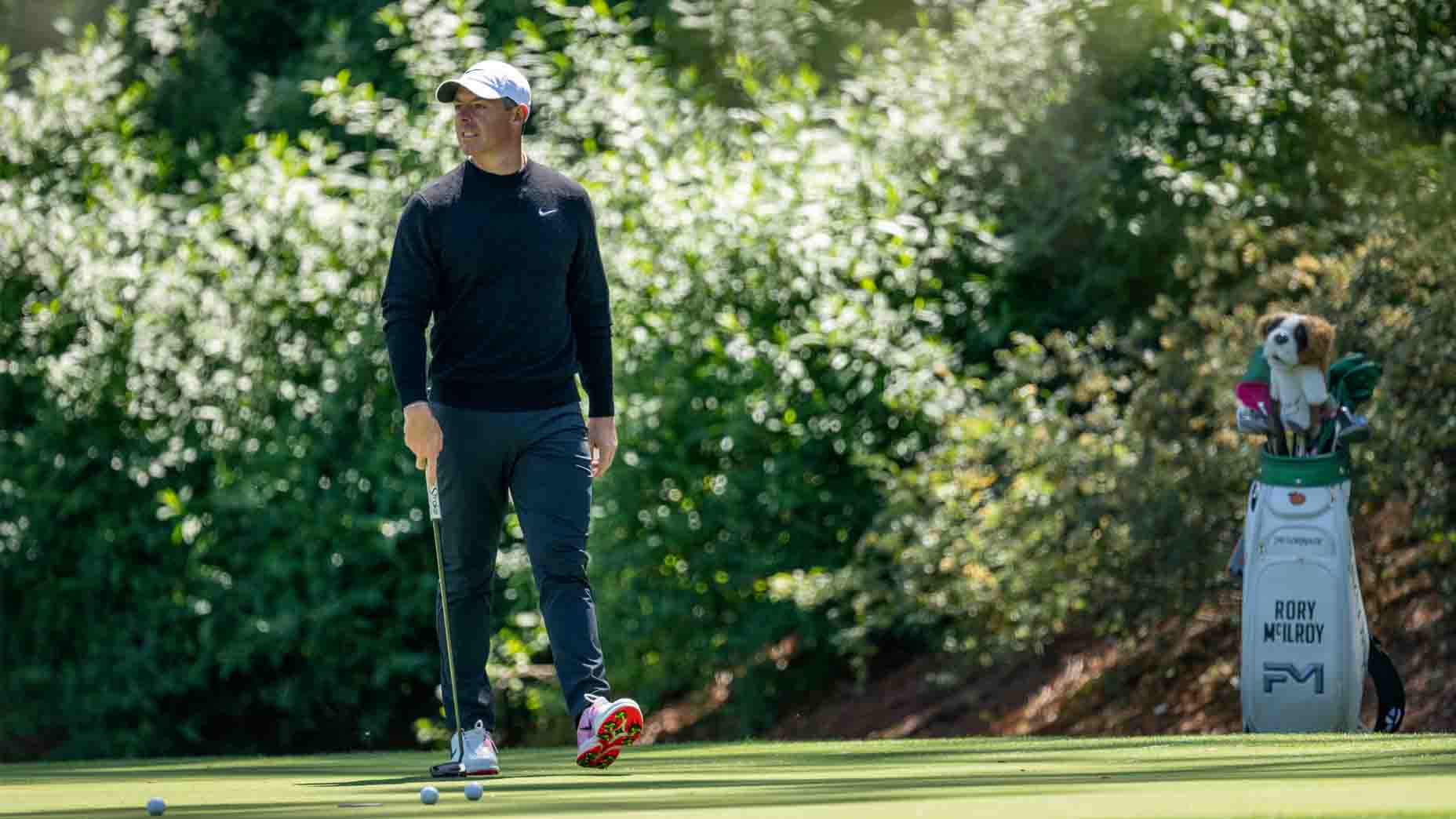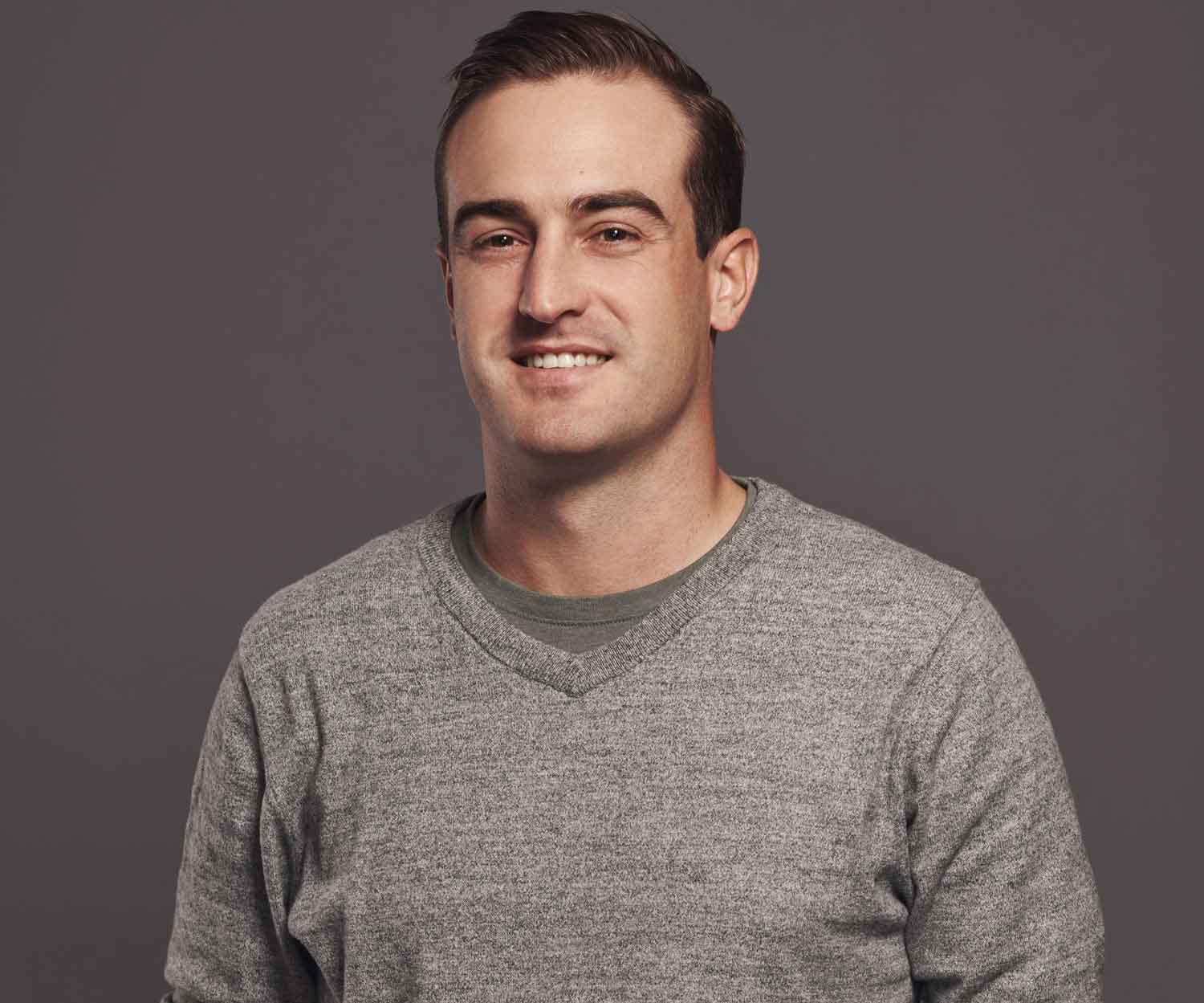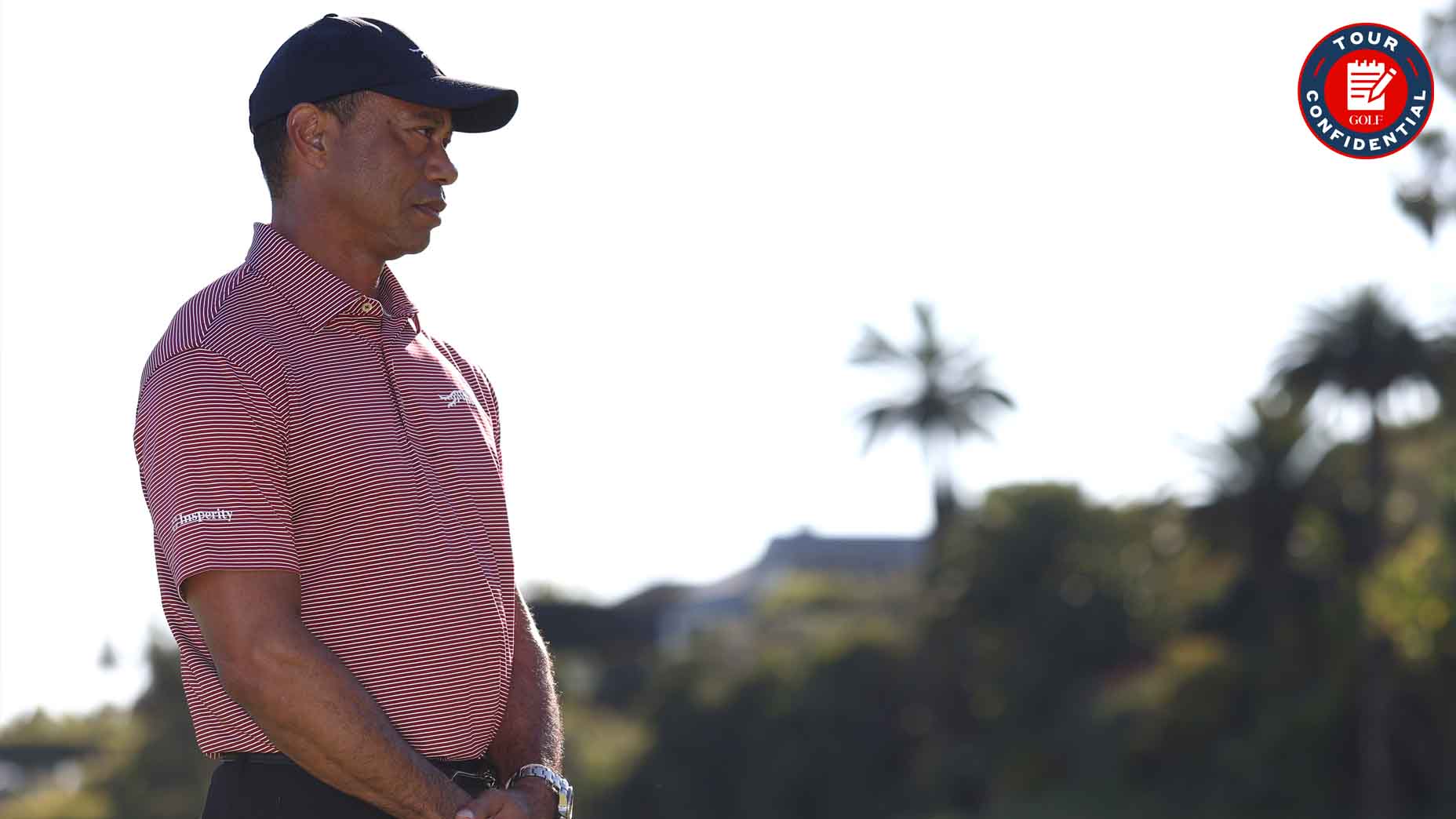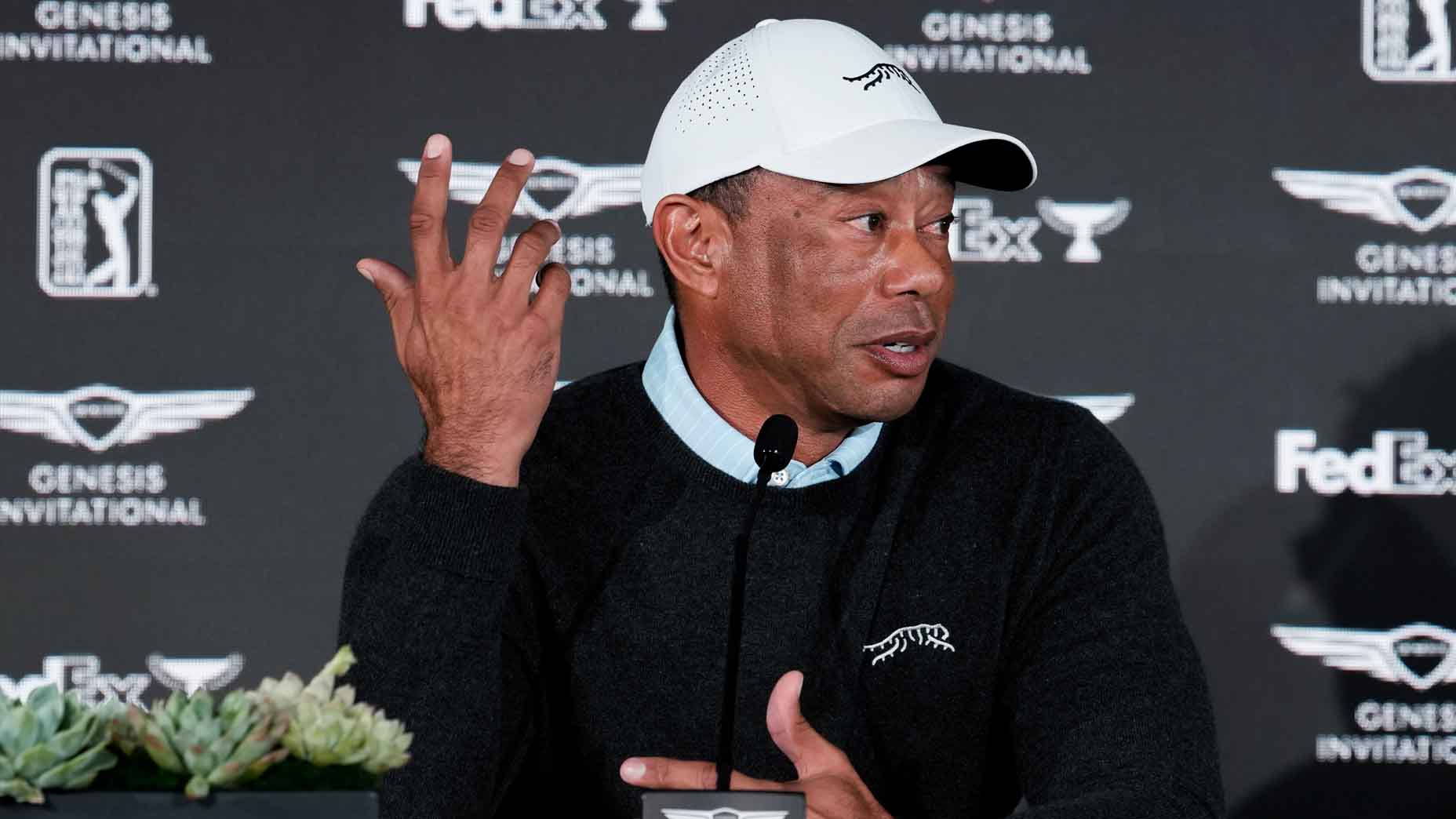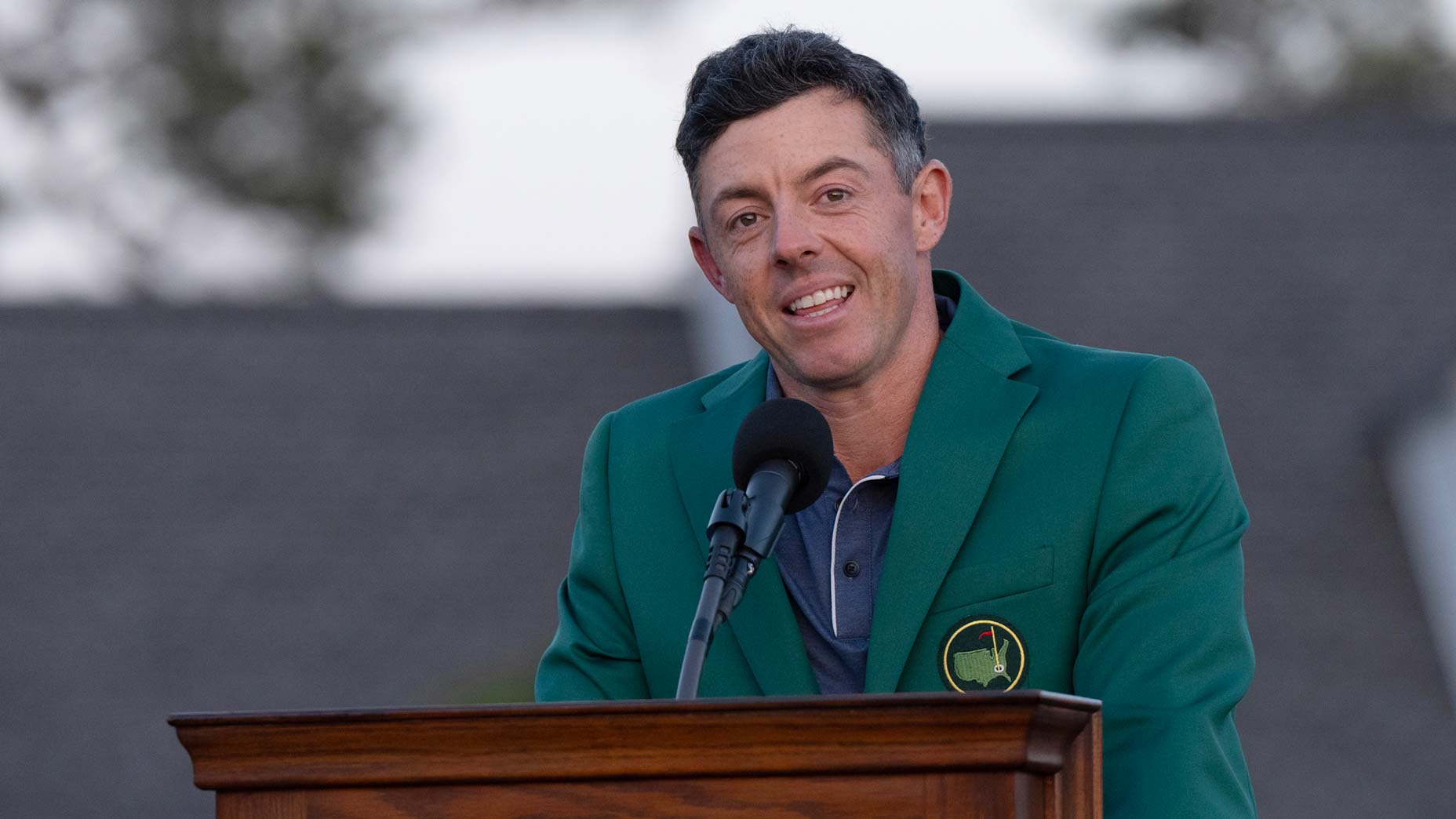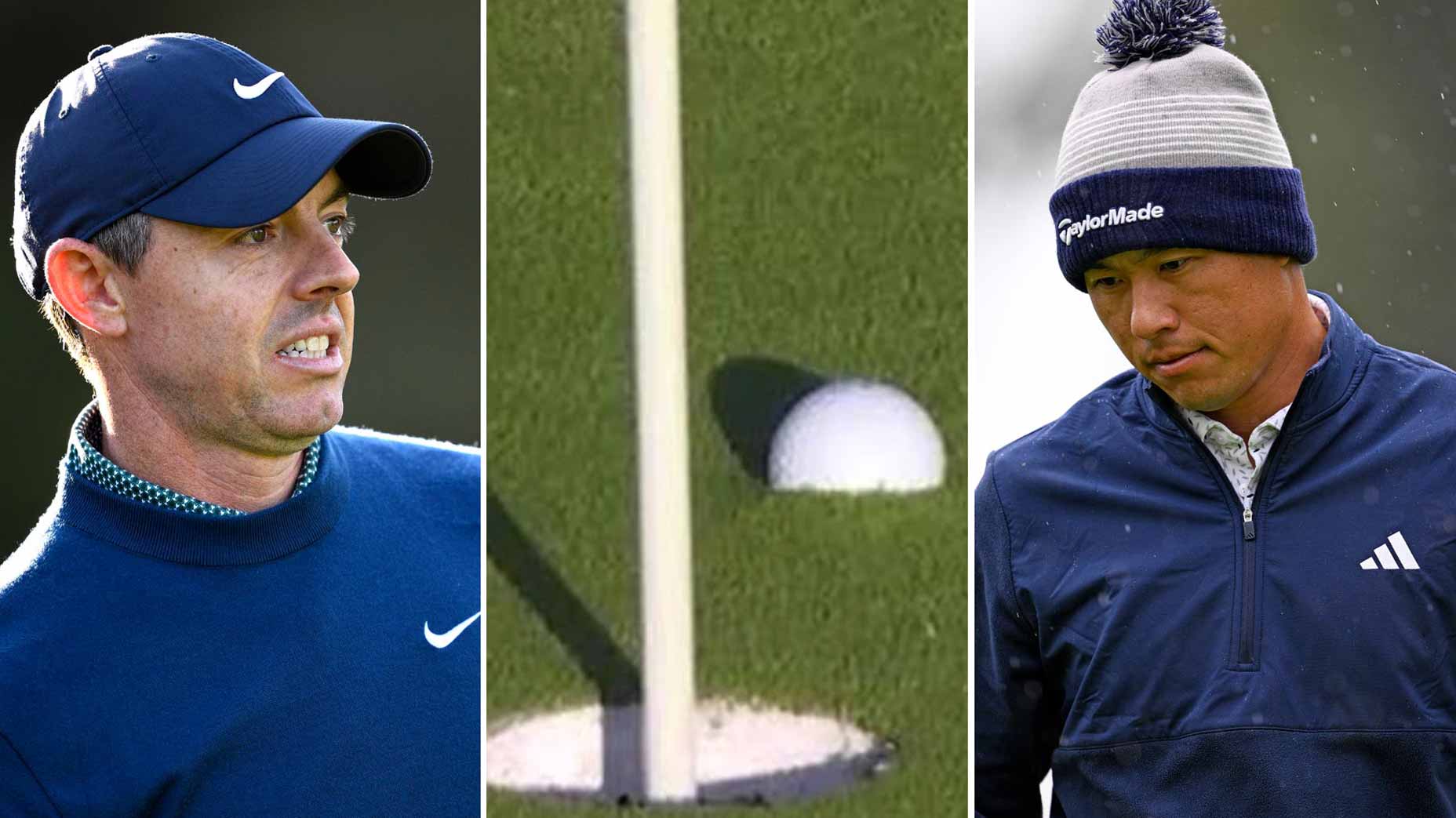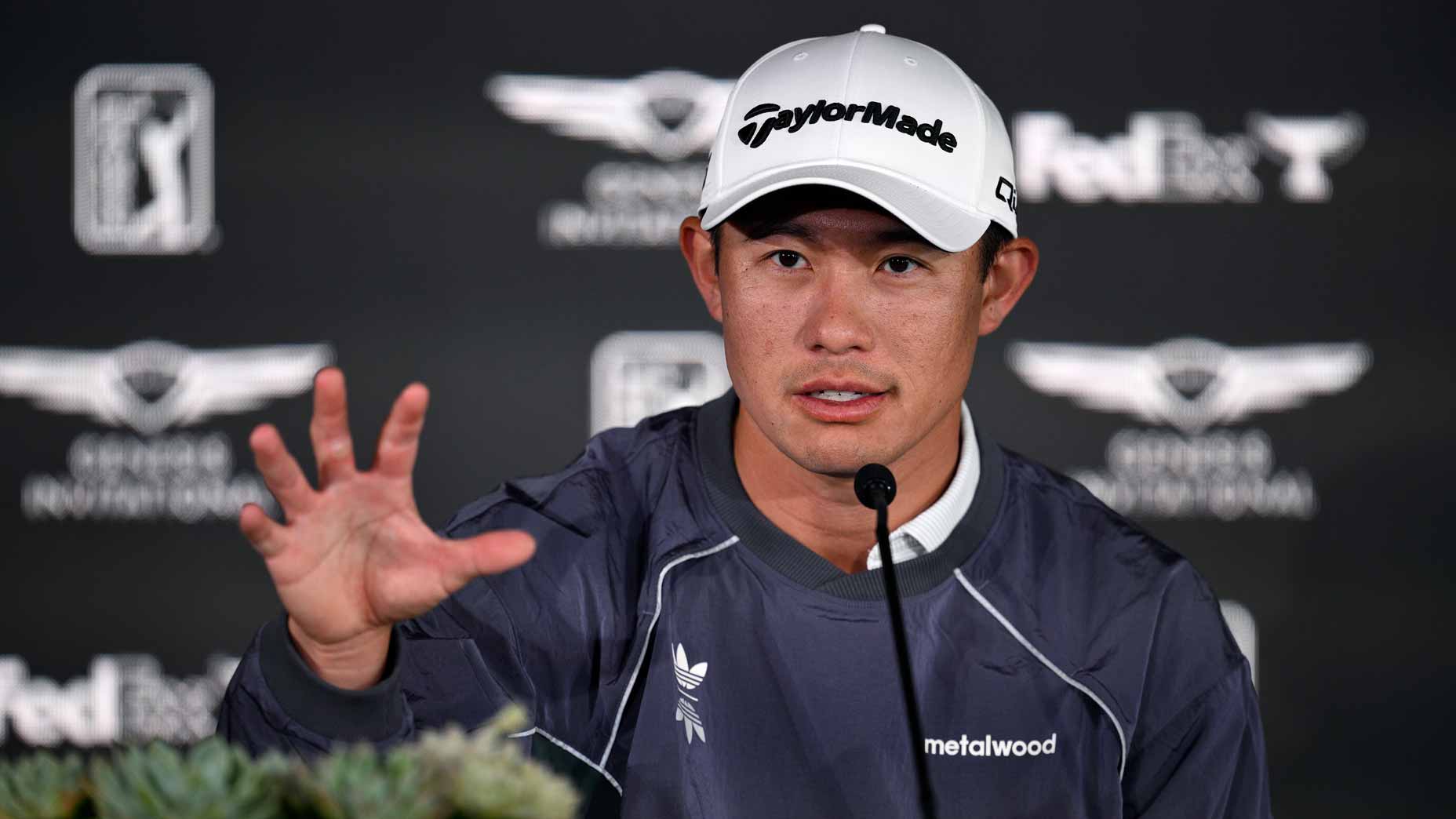AUGUSTA, Ga. — The Masters is the year’s first major, but there’s increasingly a connectivity between this week and last month’s Players Championship. If you can win the Players, you can certainly win the Masters. If you can contend at Sawgrass, you can certainly contend in Augusta. But also — if you say something controversial in Florida, you’re bound to hear about it three weeks later in Georgia.
Collin Morikawa is the most recent student of this spring semester class; his comments from the middle of March were brought back in front of him this week, early April, golf’s biggest week. A refresher on those comments, for context:
– Morikawa held the lead through 68 holes at the Arnold Palmer Invitational, lost that lead and finished 2nd. He was very disappointed.
– A media request for him to speak that day was denied.
– He arrived at Sawgrass and conducted a thorough press conference two days later, breaking it down in great detail.
– Within that conference he stated he didn’t “owe anyone anything” in terms of an explanation the day of the event.
– After receiving criticism from former pros, Morikawa took his next media opportunity to stand his ground, reiterating, “You know, it might have been a little bit harsh that I don’t owe anyone, but I don’t owe anyone.”
The topic was debate fodder for a few days until Rory McIlroy beat J.J. Spaun in a playoff and the world mostly moved on. Until Tuesday, when Morikawa arrived at his next press conference, and he was asked if the discourse that followed his discourse that followed the original discourse … was fair.
“I could have said it differently,” Morikawa offered this week, “but I stand by what I said.”
He is, technically speaking, extremely correct. He doesn’t owe the media anything. But what does he owe himself?
——–
Morikawa is 28 years old, roughly halfway through his golfing prime. Double his accomplishments and that’s a career of four majors and a dozen Tour wins. In other words, it’s incredibly likely he plays his way in the World Golf Hall of Fame someday. His skill level is too high — and always has been — for him to fall short.
And while that endeavor may feel like a solo one for the modern pro, members of the media do play a significant role — both in presenting a player to the public in real-time and, nearer the end, in actual Hall-of-Fame voting. Twenty-five percent of the Hall’s selection committee is filled by typists, just as many as former players. There will be more media than players in attendance when Morikawa offers his acceptance speech, just as there were more media than players at Padraig Harrington’s ceremony last summer. Why? Because the job wasn’t done documenting Paddy’s career.
Detailing a golfer’s career means being there in their teens, shaking hands with their parents. Congratulating them when their family grows, and embracing whatever piece of them they can share when their family shrinks. To cover a golfer’s career is to travel the world with them, asking about jetlag and missing home and local cuisine. It often creates a more intimate relationship than you find in team sports. It’s a lot more than wins and disappointing runner-ups. It’s a lot more than golf.
Rory McIlroy’s Masters key is something learned in past major heartbreaksBy: Josh Schrock
It was during that Players Championship last month, just minutes after ejecting a fan from a practice round, that a heated Rory McIlroy cooled down in the presence of The Athletic’s Gabby Herzig, who had very specific questions for him. The topic was getting over golf tragedy. And what did the world learn from that brief interaction? That one year ago, McIlroy was in such dire pursuit of mental answers that he experimented with hypnosis. He hadn’t shared that information with anyone, but now it’s out there, and it’s the most revealing thing we’ve learned about a top player at this Masters tournament, four days in. And McIlroy volunteered that information.
McIlroy is no stranger to controversy nor “should-he-have-said-that” discourse, but he seems to understand the virtuous cycle of sharing better than anyone, and has benefitted from it in his dealings with golf media. (Like when McIlroy wanted to not talk about ejecting that fan.) Pro golfers speak their minds and golf media serve as a contextualizing conduit between their birdies and bogeys and the fans tuning in. The more pros share, the better we understand them, the higher their peaks seem and the more empathetic the world is during their valleys. (We saw that at Pinehurst in June.) Morikawa may not owe it to us to let us in, the golf-loving world, and help us get to know him and what he’s about. But he’d very likely benefit from doing so.
One major problem: he hasn’t always been great at volunteering it. In Tuesday’s press conference, when asked for advice he’d give younger players about Augusta National, Morikawa declined. “I’m not going to say it here.” At last year’s Masters, when asked for detail on what he was working on with his swing coach, Morikawa declined there, too. “No, I’m not going to let you know what I’m doing.”
There was a specific swing thought that carried him last year, all the way into the final pairing, and he kept it secret all week. A month later, he had moved on to a new swing thought, so I asked if he could finally divulge what worked so well in Augusta.
“No,” he responded, cheekily. “I did not make that clear. I probably won’t.”
Now is the proper time to note: it is entirely his right to be this way. Sharing is not mandatory. But it is humanizing. And at other times and on other topics, when Morikawa has been a fantastic explainer, we and he have benefitted. But his inclination towards privacy about the very things that explain his brilliance and bring us with him on his up-and-down journey does him no favors. The harder you squint at his answers, the easier it is to see a player asking for attention, but only on his terms.
“I think there needs to be a balance and an ebb and flow between everything,” he said Tuesday. “I do want to be here for you guys, but here’s the thing — I’ve been in the Top 5 in the world before, and people don’t come up to me and ask me questions. If you guys — you can’t just ask me when I’m playing well. You guys should be asking the top 10 players every single week, every single day, and just document it. Then you get a sense of who we are and you get a flow of how that comes to be.
“But if you’re only asking me — look, I’ve been in the top 5 for however long in my career, there’s plenty of times where media doesn’t ask me. There’s a balance, right? If you guys don’t want to ask me, it’s not my job to go out and tell you my story. Sometimes it is, but you do that through social media, you do that through playing well, winning tournaments. But not everyone is like that.
“That’s what I don’t get this whole — I stand by what I said.”
Buried in those sentences seems to be genuine disappointment that Morikawa hasn’t received the same amount of media attention as other talented peers over the years. That he’s been damn good and not everyone has leaned in to access it. And that may be a very fair perspective. When Morikawa arrived on the pro golf scene in 2018, he was excellent, making the cut in the first 22 events he entered. But although made cuts make money, they don’t always make headlines. Plus his rise came at the same time as Matthew Wolff, an all-time prospect two years his junior, who won everything in college with a wacky swing and a wacky coach. As pros, Morikawa has made Wolff look amateurish, but golf fans and golf media love wacky.
Morikawa’s first victory came in an opposite-field event. While the world’s best players (and golf media’s gaze) were centered in Memphis, he was winning in Reno. His first major win had zero spectators on site and limited media; at the Covid-era PGA Championship, media orgs were limited to just a single credential. A summer later, his second major win came in another country, on the east coast of England, at the least-heralded Open course.
In other words, he’s faced some attention headwinds in the past. None of that is his fault. But if he lets it harden his perspective on sharing, or the role of the question-askers, he probably stands to lose more from it than we do.
On Thursday, Morikawa’s opening round at the Masters was a rollercoaster. He made eagle at 13 to tie for the lead at 3 under par. Then he bogeyed 15. He bogeyed 16. And he bogeyed 18 to finish off an even-par 72. He was likely frustrated walking off the green. But he took some time to speak to the media — and delivered this bit of insight: “Look, this course is tough. You feel drained every time you walk off of it. On a day like this, I didn’t feel like I was playing great,” he said. “I wish I posted a little bit lower of a number, but at one point I was shooting the best I could have shot, and now I feel like I kind of shot the worst I could have shot, so it’s a little bit of both.”
We like hearing about a little bit of both.
